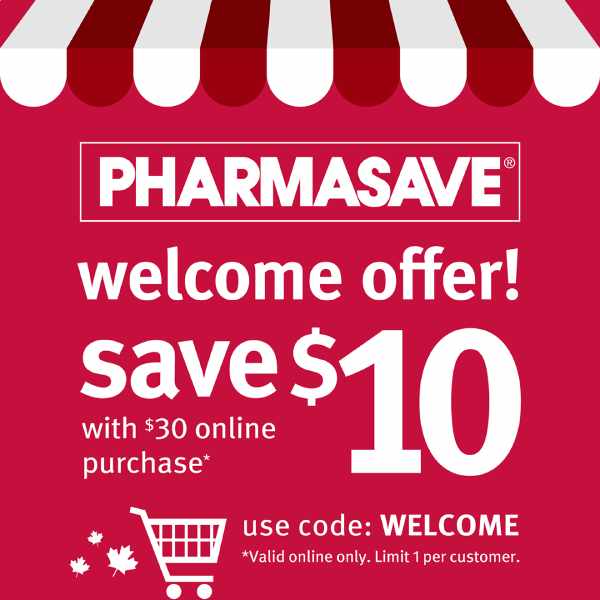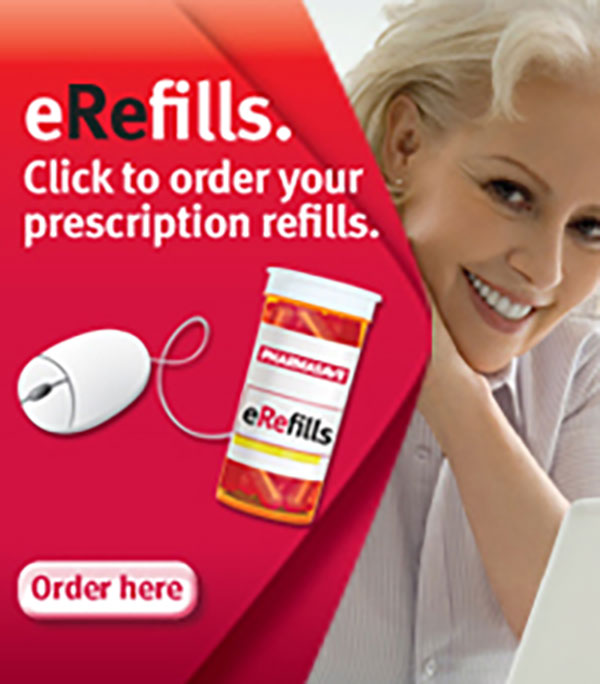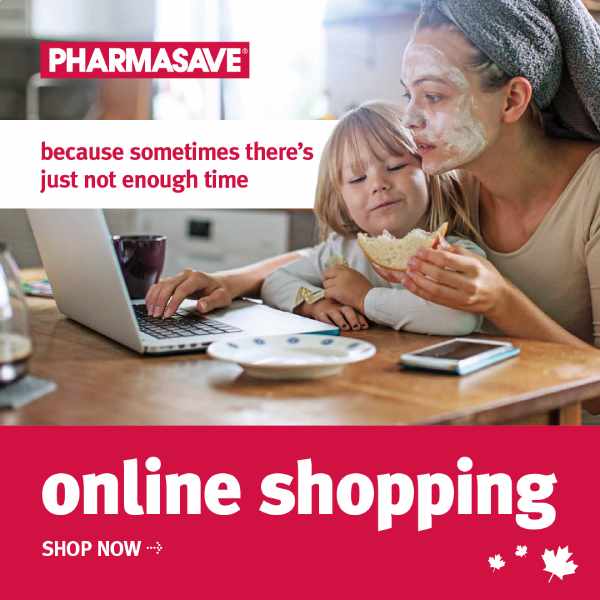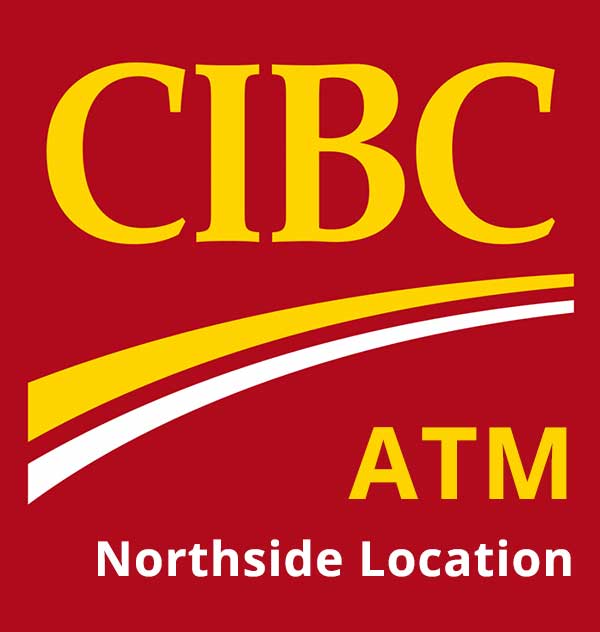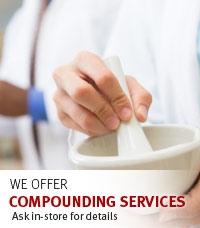
Pharmasave Port Coquitlam
Our Community Matters3295 Coast Meridian Road
Port Coquitlam, British Columbia
P: 604.942.9813 | F: 604.942.1561
100 - 2255 Elgin Ave
Port Coquitlam, British Columbia
P: 604.942.7117 | F: 604.942.4665
Dentistry
We work together with dentists and their patients to solve problems using customized medications.
- Upon a prescription order, we can compound:
- lip balmsfor viral lesions
- transdermal (topically applied) muscle relaxants/analgesics
- topical anesthetics
- non-staining antibacterial rinses
- oral sedation in lollipops and freezer pops
- lollipops for oral thrush
- mouth rinses for aphthous ulcers or chemotherapy-induced stomatitis
- mouth rinse to stop oral bleeding during dental procedures for patients
- who take anticoagulants
- dry socket preparations
- “mucosal bandages” to cover ulcerated, infected, or tender mucosa
- lozenges that help to prevent gagging
- and many more unique preparations and novel delivery systems
Medications are manufactured in a limited number of strengths and dosage forms that will satisfy the needs of most patients due to stability concerns, and the cost of stocking and distributing numerous formulations of each drug. Using pharmaceutical grade chemicals and specialized equipment not found in most pharmacies, we can compound medications in doses and dosage forms that are not commercially available. We want to optimize the care of every patient. Just let us know what you need!
Topical Therapy
There are an ever-increasing number of agents that can be used to help patients with oral and perioral pain problems such as neuropathies, neuromas and neuralgias. Vehicle-carrier agents and bases have been developed that can penetrate the mucosa and cutaneous tissues and transport the active medication to the treatment site. Dentists have been using topical agents with increasing frequency as part of the therapeutic protocol for orofacial painful neuropathy.
Several topical intraoral medications are used in the treatment of oral ulcerations and infections, including antifungals; nonsteroidal anti-inflammatory drugs (NSAIDs); and corticosteroids. Because of their rapid onset and low side-effect profile, topical medications offer a distinct advantage over systemic administration for orofacial disorders. Medicated lollipops, lozenges, and adhering powders are ideal for keeping an antibiotic or antifungal in contact with an infected area in the mouth.
Dry Mouth
Treatment for Dry Mouth, Stomatitis, and Mucositis
Loss of saliva (xerostomia) is one of the most common complaints among patients who have received radiation therapy of the head and neck. Xerostomia contributes to radiation-induced periodontal infection, dental caries, osteoradionecrosis, and poor digestion of carbohydrates. Ask us about sialogogues (saliva stimulants) in customized dosage forms.
Aust Dent J 2002 Sep;47(3):249-53
An investigation into the use of pilocarpine as a sialagogue in patients with radiation induced xerostomia.
Frydrych AM, Davies GR, Slack-Smith LM, Heywood J.
School of Dentistry, The University of Western Australia, Crawley.
The abstract of this article can be viewed online.
Go to PubMed: www.ncbi.nlm.nih.gov/PubMed
In the search box, enter the following PMID: 12405466
When a person is receiving chemotherapy or radiation, mouth tenderness and infections can interfere with the ability to eat. Malnutrition may result, yet it is often preventable. Our pharmacy can compound medications which may enable patients to enjoy eating again. We can compound numerous medications into a preparation such as an oral rinse that contains the needed concentrations of each drug.
A three-drug mouthwash (lidocaine, diphenhydramine and sodium bicarbonate in normal saline) can provide effective symptomatic relief in patients with chemotherapy-induced mucositis.
Support Care Cancer. 2000 Jan;8(1):55-8
Efficacy of treatment to relieve mucositis-induced discomfort.
Turhal NS, Erdal S, Karacay S.
Department of Medicine, Marmara University Hospital, Istanbul, Turkey.
The abstract of this article can be viewed online.
Go to PubMed: www.ncbi.nlm.nih.gov/PubMed
In the search box, enter the following PMID: 10650899
TMJ
Compounding allows countless active ingredients to be incorporated into customized mouthwashes, gels, troches, etc. For example, to treat periodontal disease, antibiotics can be formulated as a mouthwash or added to an oral adhesive paste or a plasticized gel that will maintain the contact between the tissue and medication for a prolonged period of time.
Suppressing the Gag Reflex
The gag reflex can cause a patient considerable discomfort as well as interfere with dental procedures. An electrolyte tablet administered and retained intraorally a few minutes before the start of a procedure can suppress the gag reflex, allowing a mandibular block to be given with much greater ease, which further reduces the gagging reflex.
Tablets can be prescribed for home use for patients who can not properly perform oral hygiene procedures due to the gagging problem. Severe gaggers may need to repeat a dose in 15 to 20 minutes. (Dent Today. 1991 Dec;10(9):68-71)
Some patients and dentists prefer to use electrolyte lollipops.
Transdermal Anti-Emetics
Topical application of anti-emetics in a gel formulation provides a rapid onset and offers an effective alternative to oral administration. Oral surgeons have found this formulation to be particularly useful.
Promethazine is commonly compounded for topical or transdermal application to treat nausea, vomiting, and vertigo, but this preparation may be used as an antiemetic for cases ranging from chemotherapy to motion sickness. The dose is typically 25 for adults, and the dose is decreased for children. The gel is applied to an area of soft skin, such as the inside of the wrist or arm, the side of the torso, or the inside of the thigh. For children, the gel is often applied to the inside of one wrist, and then the wrists are rubbed together.
US Pharmacist, August 1999; 74-5
Other dosage forms include suppositories and lollipops.
Miracle Mouthwashes
Compounding dental mouthwashes or rinses may offer numerous advantages over commercially available dosage forms. Elixirs, syrups, and suspensions often contain preservatives such as alcohol which can cause reactions or gastrointestinal irritation, or sugar which makes the preparation undesirable for prolonged use in the mouth or for diabetic patients. A customized preparation without unnecessary excipients – i.e., a sugar-free, dye-free, lactose-free, and preservative-free dosage form – can eliminate concerns of palatability, alcohol content, and dyes which may stain exposed mucosa.
Various preparations are also available to treat burning mouth syndrome and anesthetic/analgesic and antibiotic/anti-infective mouthwashes are commonly requested.
Tranexamic acid solution (4.8%) used as a mouthwash has been used successfully to prevent postsurgical bleeding after oral surgery without dose modification of oral anticoagulants.
J Oral Maxillofac Surg 1993 Nov;51(11):1211-6
Prevention of postsurgical bleeding in oral surgery using tranexamic acid without dose modification of oral anticoagulants.
Ramstrom G, Sindet-Pedersen S, Hall G, Blomback M, Alander U
Department of Oral and Jaw Diseases, Karolinska Hospital, Stockholm, Sweden.
The abstract of this article can be viewed online.
Go to PubMed: www.ncbi.nlm.nih.gov/PubMed
In the search box, enter the following PMID: 8229393
